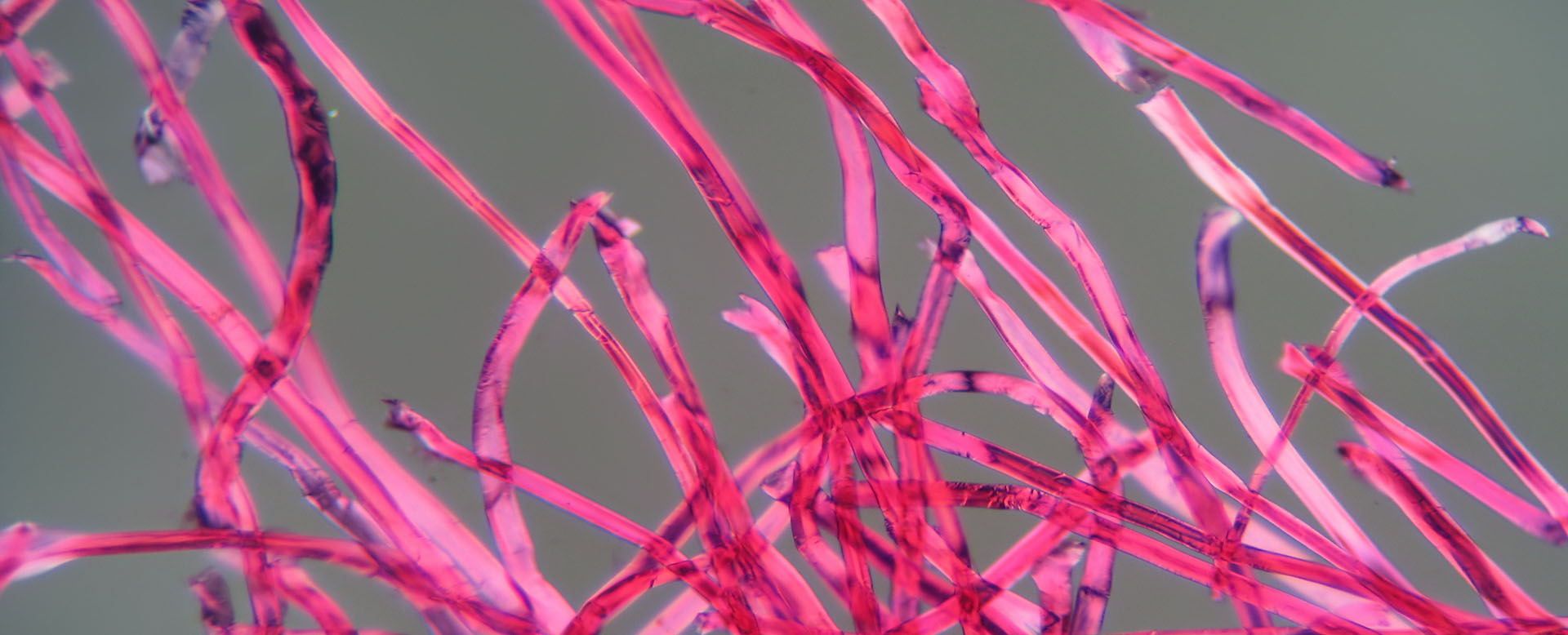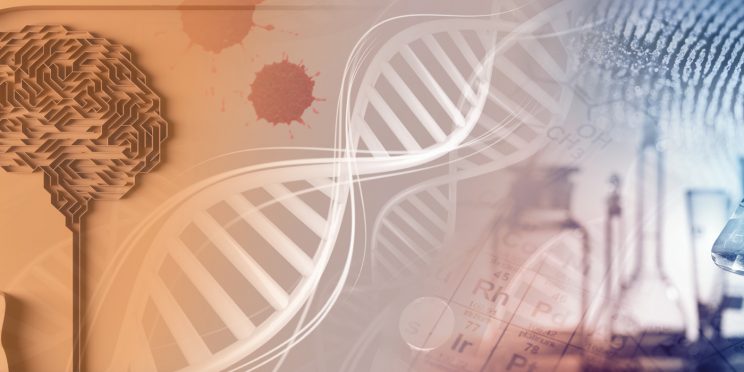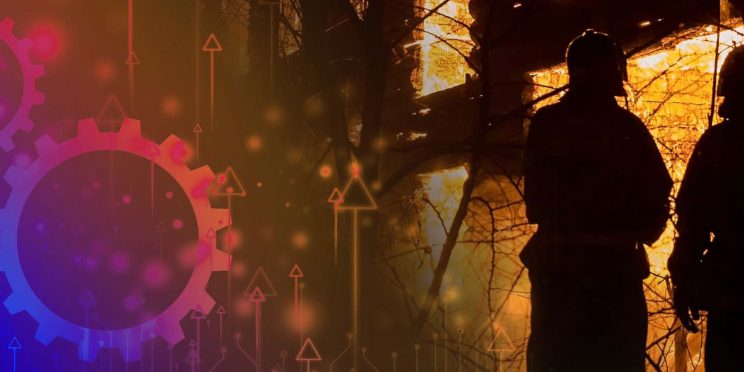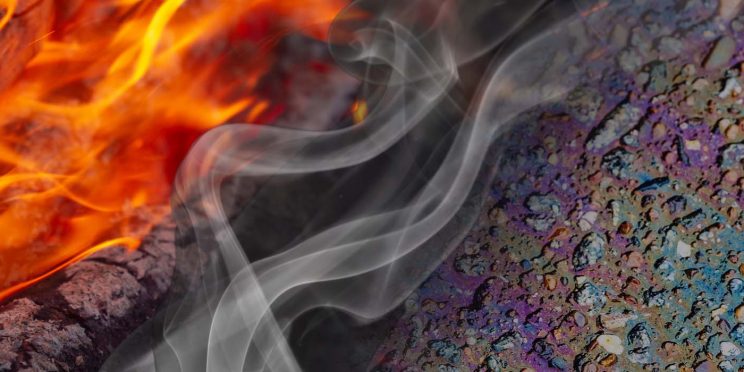This webinar originally occurred on February 14, 2019
Duration: 1 hour
Overview
This course serves as an overview of the trace evidence discipline for the crime laboratory administration. This is the fourth webinar in the ASCLD Train the Director Webinar Series.
This webinar provides non-trace evidence analysts, who manage this discipline as part of a forensic laboratory or supervise members within this field, a basic overview of the analysis performed. We will also be discussing discipline specific administrative challenges and addressed current issues and/or challenges facing the forensic science community in the trace evidence discipline.
Detailed Learning Objectives
- The attendee will understand the variety of evidence and importance of trace evidence
- The attendee will understand the challenges faced in trace evidence analysis
- The attendee will understand challenges faced in managing a trace evidence section
Presenter
- Susan Gross, MSFS | Impressions and Materials Section Supervisor at the Minnesota Bureau of Criminal Apprehension Forensic Science Services
Funding for this Forensic Technology Center of Excellence webinar has been provided by the National Institute of Justice, Office of Justice Programs, U.S. Department of Justice.
The opinions, findings, and conclusions or recommendations expressed in this webinar are those of the presenter(s) and do not necessarily reflect those of the U.S. Department of Justice.
Contact us at ForensicCOE@rti.org with any questions and subscribe to our newsletter for notifications.




